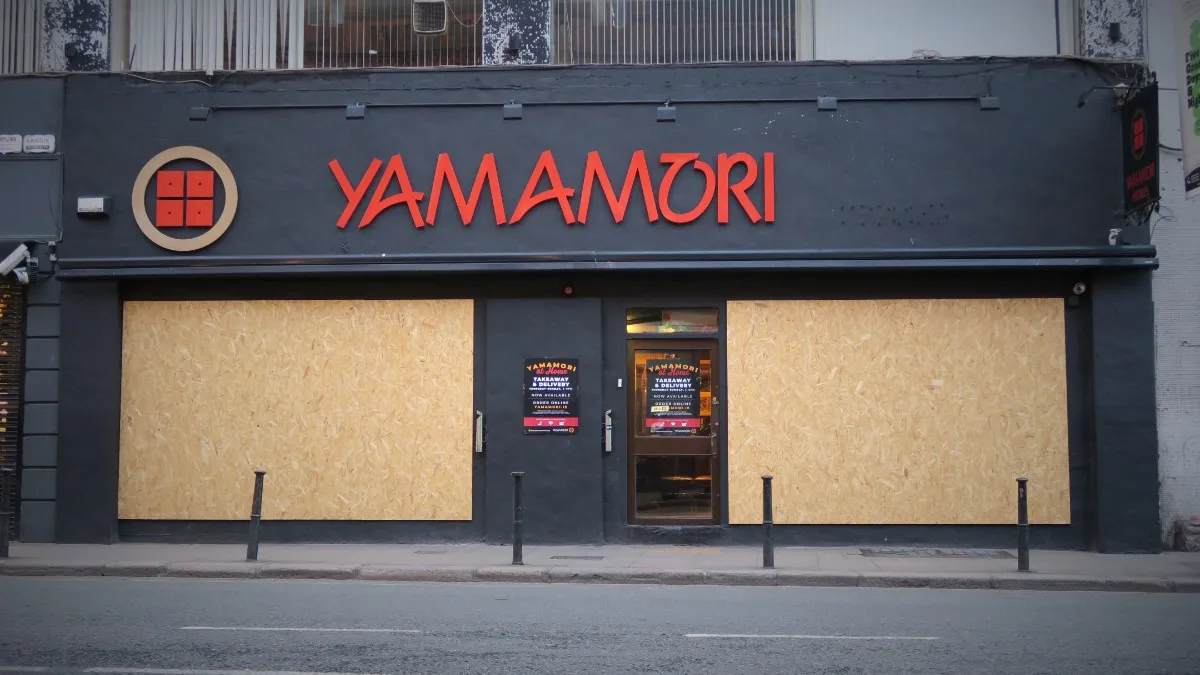Dive Brief:
- A French court ruled last week that insurance company AXA must pay two months' worth of a restaurant company's revenue losses due to the COVID-19 outbreak, according to Reuters. AXA plans to appeal this ruling.
- The plaintiff, Stephane Manigold, who owns four Paris restaurants, called the ruling a “collective victory.” The court said the mandated closure of restaurants during the pandemic qualified under business interruption. Manigold's lawyer said this means similar companies can appeal to their insurers to cover operating losses during the shutdown.
- Restaurants and bars throughout Europe and the U.S. have threatened similar legal action against insurance companies that aren't paying their business interruption policies.
Dive Insight:
This ruling in favor of a “business interruption” claim makes sense from a restaurant perspective, since restaurants all over the world were ordered to close by their governments to slow the coronavirus outbreak. If they refused to comply, they would face fines, citations, license suspensions and other penalties.
However, it also makes sense for insurance companies to fight for their own business interests, especially since many business interruption policies are designed with physical property damage in mind. According to Reuters, insurance companies in France alone would have to compensate nearly $22 billion per month if all COVID-19-related losses were covered. Domestically, the American Property Casualty Insurance Association estimates that paying for such claims would destabilize the insurance industry. Estimated claims just from small businesses during the coronavirus pandemic could total more than $430 billion a month in the U.S., according to Fortune.
In other words, this specific issue has two industries fighting over the viability of business interruption claims.
Plenty of stories have surfaces about U.S. businesses being denied business interruption claims, so the AXA ruling may have wider implications. Often at issue is ambiguous language in the policies, but some policies clearly exclude phenomenon like the novel coronavirus. One insurance company in California, for example, states that it will not pay for “loss or damage caused by or resulting from any virus, bacterium or other microorganism that induces or is capable of inducing physical distress, illness or disease.” The Washington Post reports that such contractual exclusions were prompted by the SARS outbreak in the early 2000s.
However, where the language becomes even murkier is when it doesn't include anything about a mandated government shutdown in response to a virus. This brings up another question: If the government shutdown caused the disruption, should the government be on the hook to pay for those losses versus the insurance industry?
For now, the insurance industry is the target. As NBC Bay Area reports, one group of restaurant owners has launched Business Interruption Group, or BIG, with an objective of taking their fight against insurance companies national. Four founding members of BIG discussed with President Trump early in the pandemic about the impact of non-payment of claims the president pledged support on March 29. The group also sees federal subsidies for insurers that waive policy exclusions as a potential solution.
For similar lawsuits filed in the U.S., there's no guarantee they'll have the same outcome as the French ruling. But such an unprecedented situation is likely to affect both industries. For insurers, this battle could create more restrictive policies in the future. For restaurant owners, they may be more willing to pay a premium for more specified coverage or seek coverage that includes losses due to government shutdowns. Moreover, if the French outcome is any indication, it may be worth talking to a legal expert if a business owner's claim is denied.









